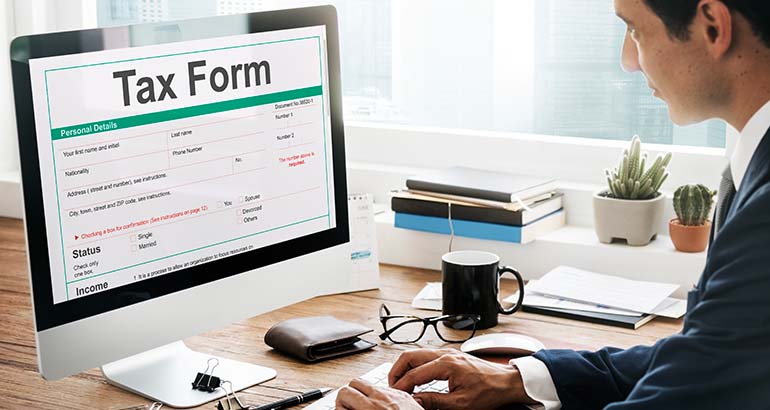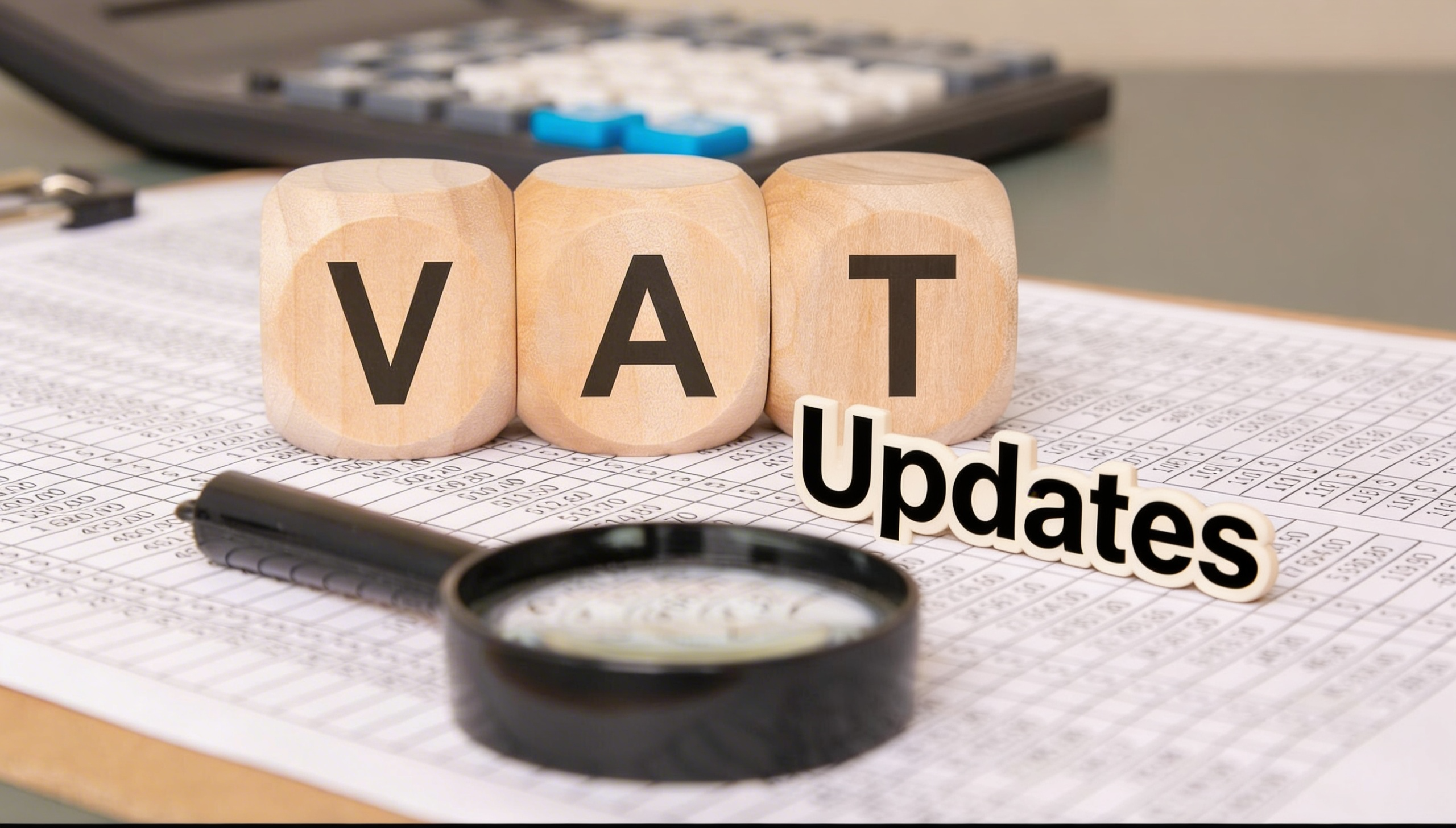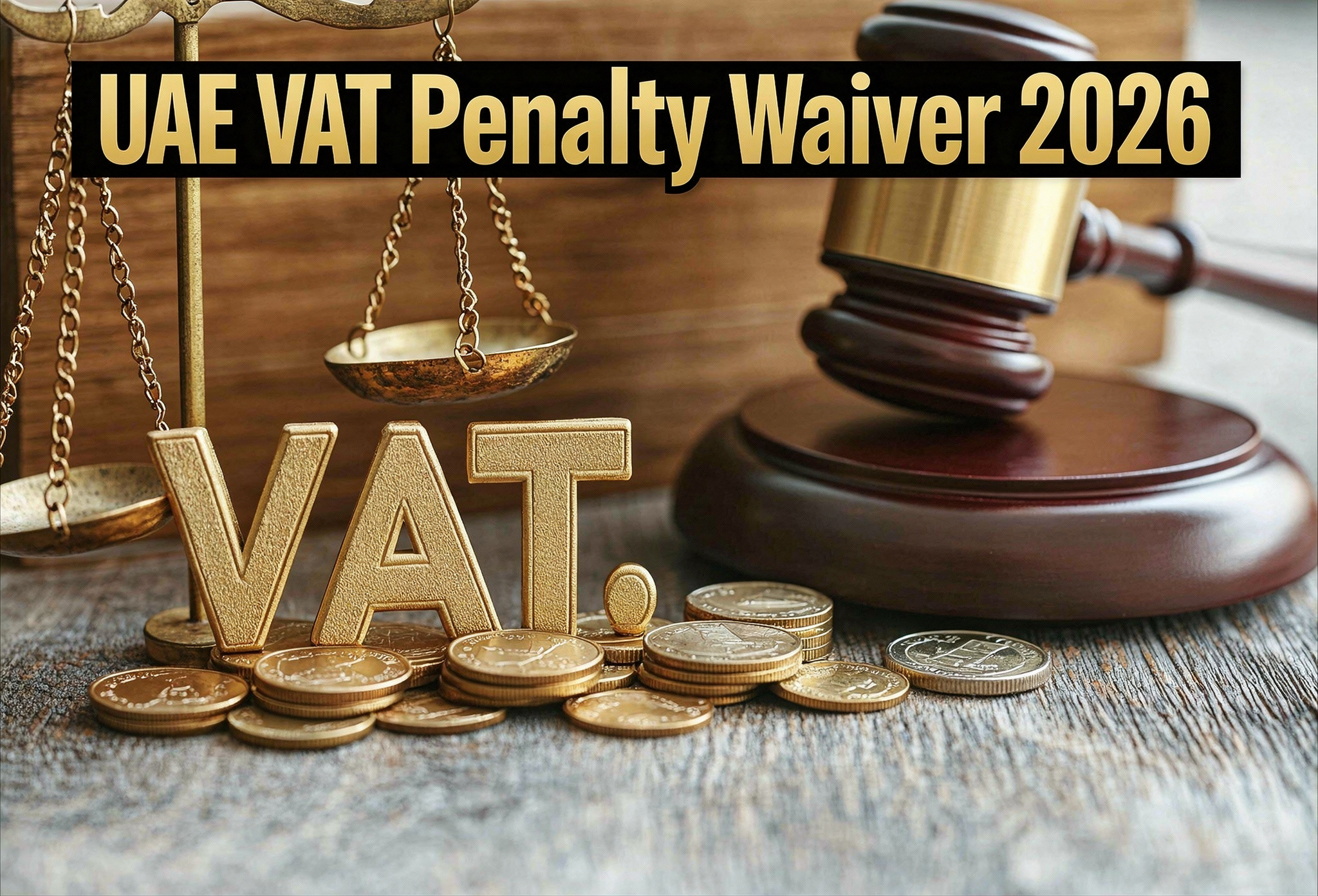Value Added Tax (VAT) was introduced in the UAE on January 1, 2018. All UAE mainland companies are required to comply with various requirements under the new UAE VAT Law. The filing of VAT returns to the Federal Tax Authority (FTA) is a requirement for all companies registered under the UAE VAT law. Therefore, the companies should be careful about some common mistakes while filing their VAT returns periodically.
VAT Returns Filing in the UAE
VAT was a new consumption-based tax introduced in the UAE. The revenue generated from the VAT offset the falling revenue from Oil economy and reinvested towards infrastructure development. The Vat rate is fixed at a nominal 5% on the value of the goods and services. In addition, there are items with 0% VAT and VAT exempted goods.
The VAT tax is charged on the consumption of goods and services. The seller registered under UAE VAT law collects the VAT on behalf of the authorities at the point of sale.
The seller then makes the tax payment to the authorities. Upon the payment, the seller has to File VAT Returns with the FTA confirming the VAT collection during the tax period. Therefore, companies should take suitable measures to file their VAT returns as incorrect returns can invite penalties and fines from the federal authority.
Errors Made While Filing VAT Returns filing in the UAE.
The six most common errors made while filing returns are as follow:
Ensure to Include Zero Rated and Exempt Sales
There are many cases when companies file the respective output and input VAT along with the VAT payables and receivables mostly correctly but forget to declare the zero-rated & VAT exempt sales. However, it is crucial to thoroughly identify all the zero-rated & VAT exempt sales and disclose them correctly in the return’s submission.
Improper maintenance of records
All VAT registered businesses in the UAE are required to maintain records of all business transactions such as receipts, business expenditures, payments details, invoices, inventory and documents of imports and exports, sales revenues, all credit and debit bank statements, company ledgers, VAT ledgers, Employee salary and benefits records among other things. In many cases, companies forget to maintain all the records and update them whenever applicable. The FTA has made it mandatory for businesses in the UAE to store the records with accounting information for at least five years for most industries (except real estate, for which it is 15 years).
Late or Missed VAT Returns Filing
At the time of VAT Registration in UAE, the FTA clearly defines the respective deadlines for the company’s quarterly and monthly VAT returns filing process. Businesses must ensure that the deadlines are never missed and accordingly finish their VAT returns filing process days before the due date. Filings VAT returns at the last minute may lead to mistakes in calculations or documentation. Business owners without a team of accountants usually get busy in daily operations and miss out on filing the VAT return on time. It can result in businesses paying hefty fines as late fees.
Mistakes in VAT Calculation
Companies must be aware not to make mistakes in calculating VAT returns. Companies should identify the applicable rate of VAT for the goods and services sold by them. Any errors in VAT calculations and subsequent payments may lead to penalties.
Errors in Reverse Charge Mechanism Transactions
Reverse charge mechanism must be accounted for when the company is importing goods or services to the UAE. It is easy to account for VAT when the tax number is linked to the customs code and reflected on the account of the taxable person. However, companies often do not link their VAT numbers with the VAT portal, which can lead to complexities to claim input VAT. As a result, companies tend not to include reverse charge mechanism transactions while filing the tax returns many times, considering there are no VAT charges. But as the import transactions are reflected on the customs portal, companies must be careful while filing returns. For transactions under the reverse charge mechanism, the output VAT should be accounted for the import in row numbers 3, 6, or 7 and claimed back as the input VAT in row 10 of the VAT returns form.
Claiming Input VAT on Unallowed Expenses
Businesses must be cautious not to claim the input VAT on expenses that are not claimable. The costs related to company entertainment expenses and purchase of any commercial vehicles for company use (in most cases). Personal expenses of the business owner or managers must not be clubbed with business transactions and reimbursed as business expenses. In many cases, ownership claiming personal expenses using routing through business is unacceptable. Claiming input VAT on unallowed expenses can attract tax penalties.
Why Us?
Jaxa Chartered Accountants are experts in UAE VAT law. We have actively worked with many local and international companies operating in the UAE in assisting with Vat registrations and returns filing. In addition, our expert consultants help companies in resolving issues about VAT. Please Contact Us for any assistance with VAT-related services. We’d be delighted to help!





